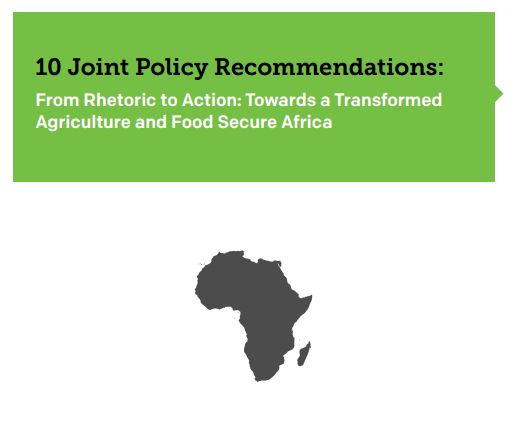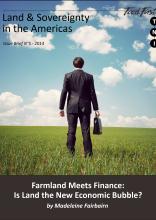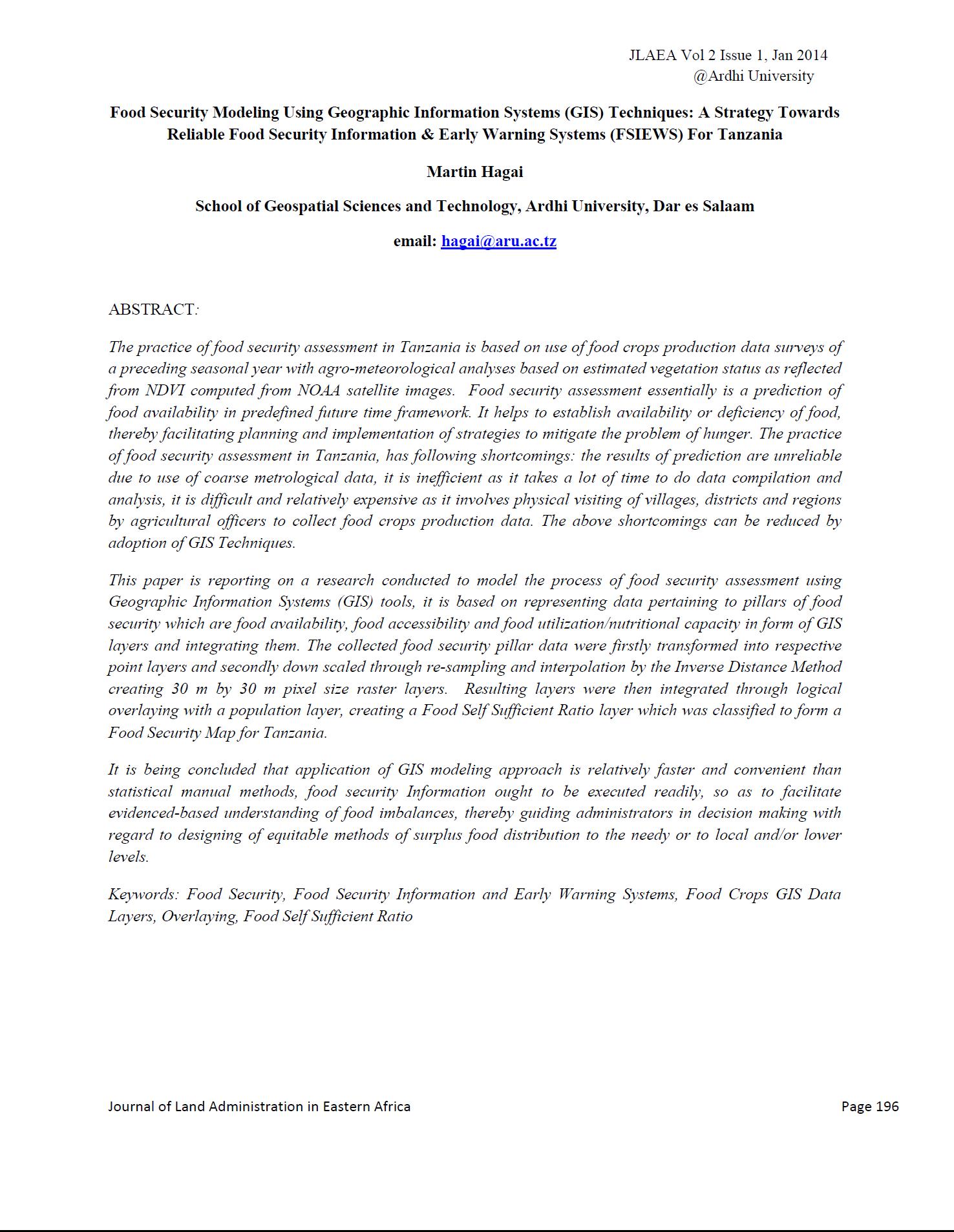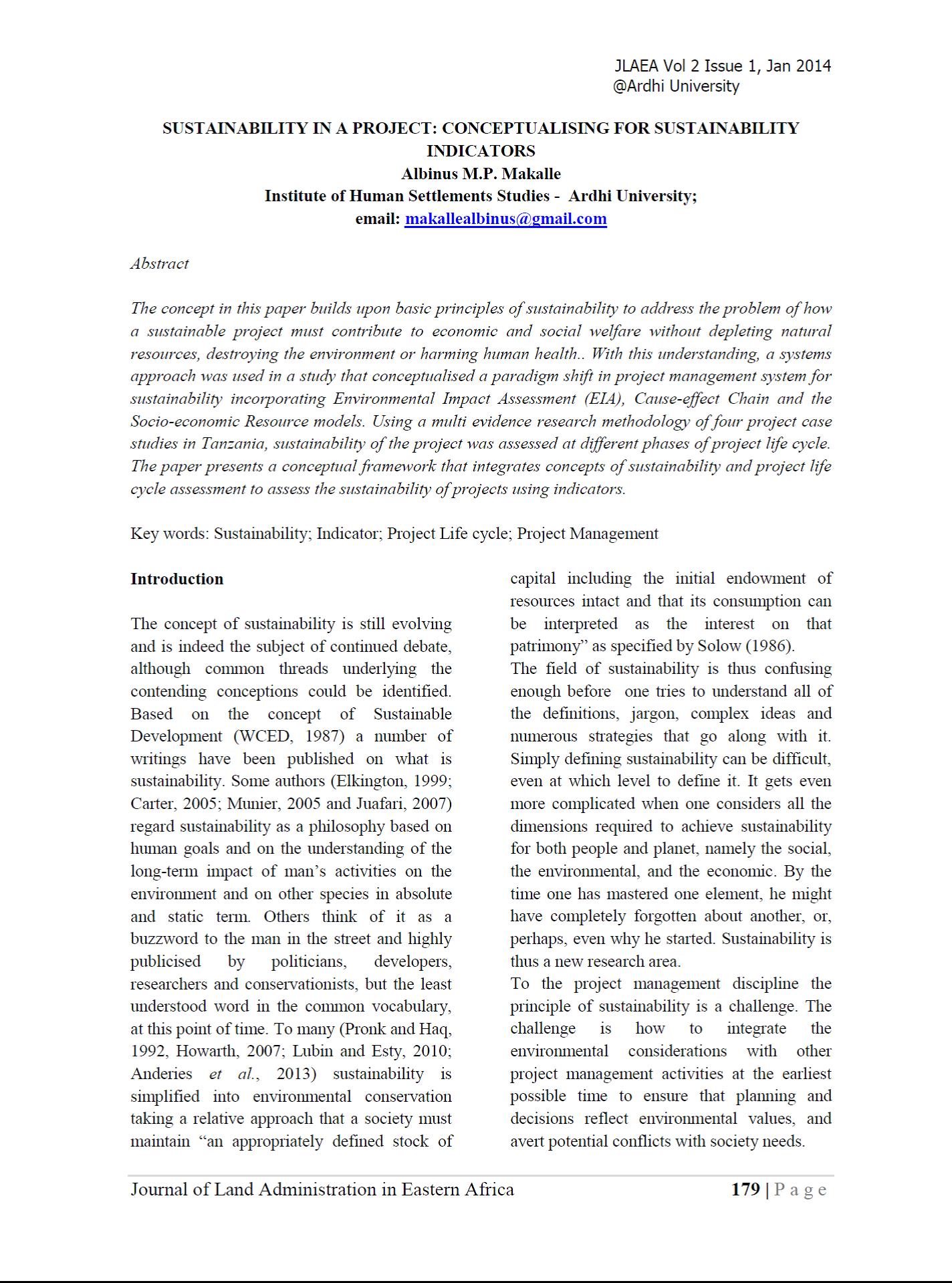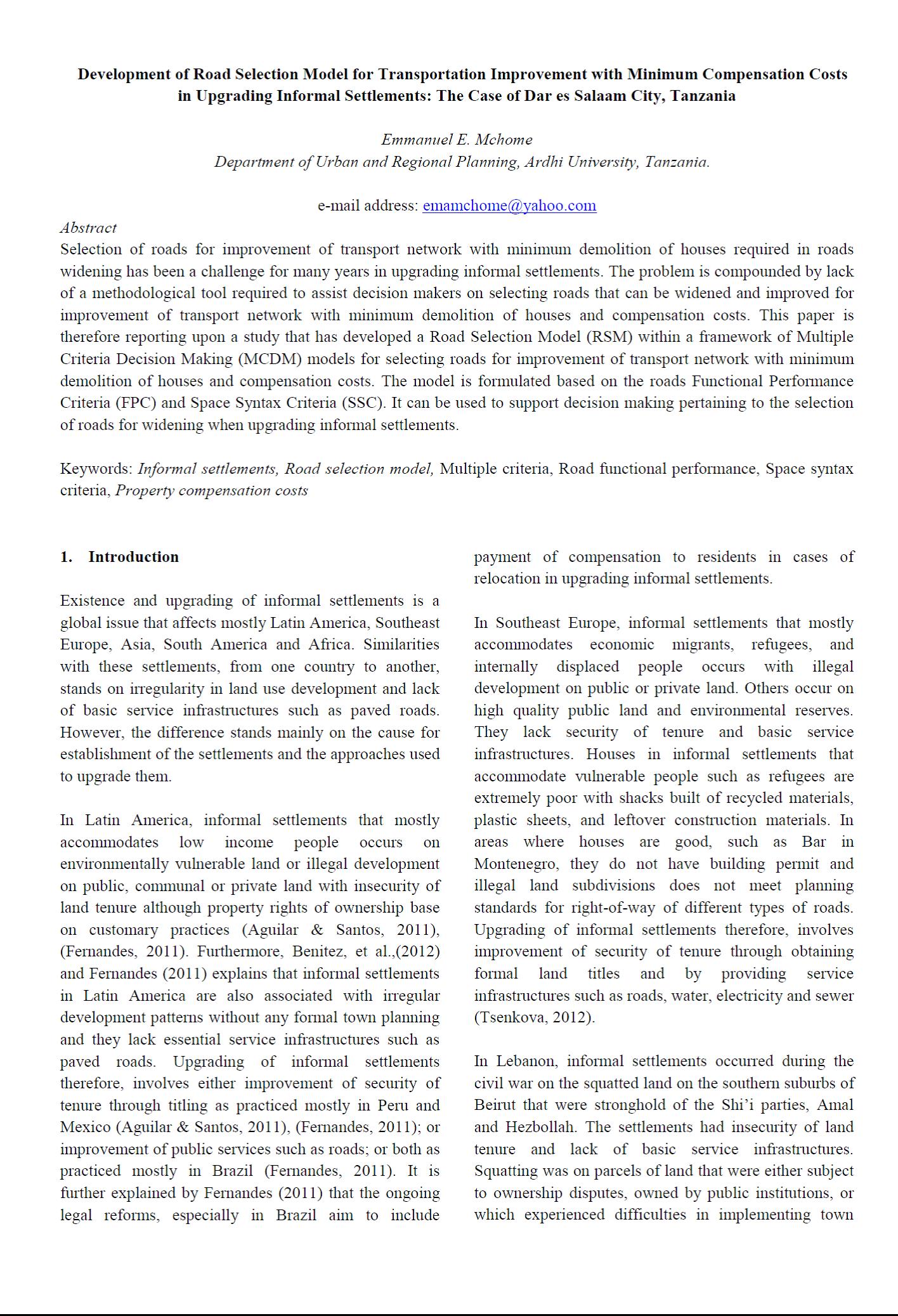No Clear Grounds. The impact of land privatization on smallhold farmers’ food security in Zambia
Land tenure administration in Zambia suffers from serious shortcomings in governance. Too much power is vested with too few checks and balances in too few people, notably the chiefs, local councils and the Commissioner of Lands. This creates fertile ground for abuse and corruption, both of which mar the sector. Zambia still has an important distance to cover in the field of land governance and legal recognition of customary rights and institutions.




